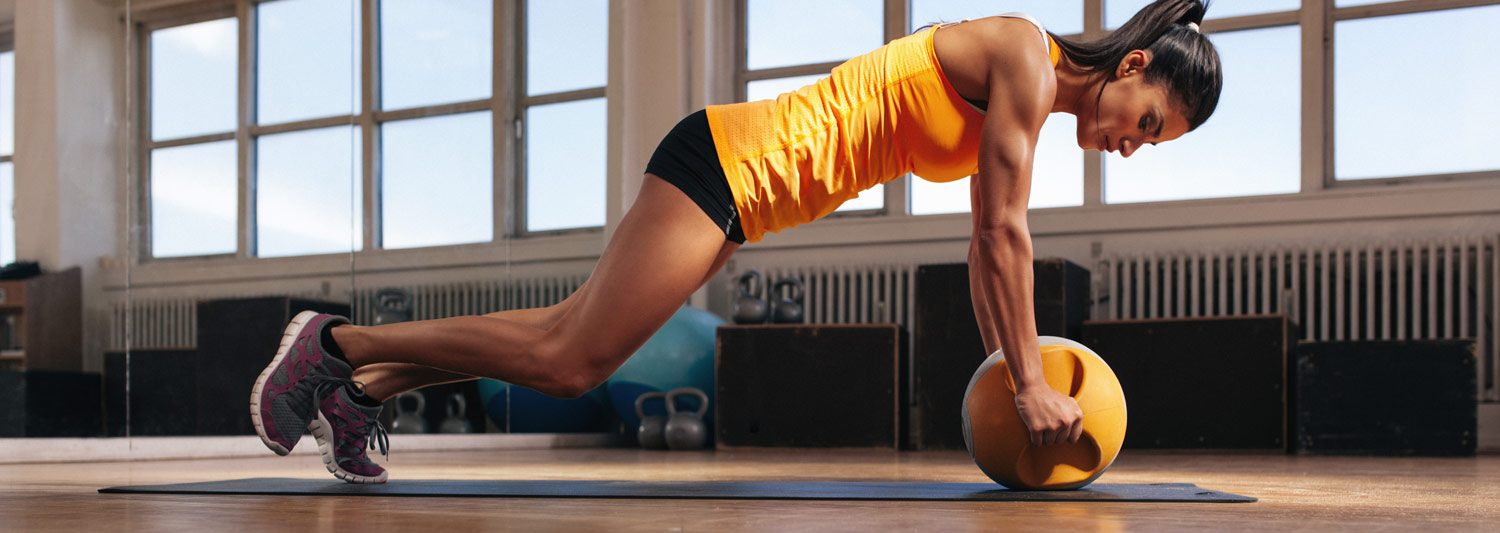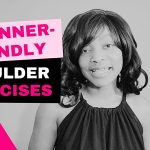The first few weeks after a hysterectomy can be tough, both mentally and physically.
If you’re used to doing everything yourself, it can be hard asking for help. Still, you should — as you won’t be able to return to your regular activities right away. You may be in a lot of pain and have to take painkillers that make you sleepy. But sleep is good for you, especially now — so be kind to yourself.
This is the time for your body to heal, and resting is crucial. I personally like doing things myself and checking off tasks, so felt guilty about asking for help and resting. However, over time, I found that both were vital for my healing.
Who’s your support system?
It’s important to have a support system or someone you can rely on to assist you with small or large errands, like picking your kids up from school, getting groceries, and cleaning your home — if you need it for sanity. This can be your spouse, partner, an older child, sibling, friend or neighbor.
Look at your hysterectomy from a positive angle.
Unfortunately, I didn’t view my hysterectomy positively at first. Although I knew that millions of women had gone through it, I struggled with the idea and often wondered if I would fully heal.
On day 4 post-surgery, I knew I had to change my perspective if I was going to move on. I started seeing the surgery as a blessing. I wouldn’t be in pain anymore after I healed. I could use the time to write down my goals, which would get me one step closer to completing them.
Light walking for your mental fitness.
Surprisingly, exercise is vital for our mental fitness as well. If you’re down or frazzled, try taking a short walk. Start slowly and walk for 5 to 10 minutes.
If you can extend those minutes to 15 or 20 minutes, do so — but don’t push yourself. You can also break up your walk throughout the day, instead of doing it all at once. These minutes add up fast.
You also don’t need any workout equipment when you’re healing. I just walked around my room for the first few weeks. I slowly reintroduced weights into my workouts with my doctor’s permission, of course.
Drinking water.
I love water, but don’t always drink 64 ounces every day. Water reduced my cramping and constipation after surgery, which made healing more bearable. Water also increases our brain’s performance, helping us think more clearly.
Reading keeps you sharp while you’re recuperating.
Some days are harder than others, and you may find it difficult to even sit up in bed. If you can’t hold up a book, try listening to your favorite podcast.
I like listening to audiobooks that motivate and energize me. Positive messages go a long way when you’re feeling alone, confused or down.
Setting goals.
Setting goals can stimulate your mind and motivate you while you’re on bed rest. These can be large or small goals, broken up into manageable tasks. You can also jot down items you want to work on once you’re back on your feet.
Journaling is great for your mental fitness.
Journaling helps you track your progress. It also gives you an outlet to share your feelings without regrets.
If you overcame a challenge, reviewing how you overcame it can be powerful. For one, it shows that if you overcame it before, you can do so again. Additionally, it gives you a pattern to follow for success if you face the challenge again or revert to old habits.
If you’re having a great day, write down what happened. Your notes will inspire you when you’re having an awful day.
I’m a Christian, so reading the Bible and spending time with God helps me mentally too.
There are many stressors in life, and a hysterectomy is a stressor beyond our control. If you’re like me and you don’t like asking for help or you feel like you’re burdening others with your problems, it’s different with God.
You can always rely on Him and speak with Him freely without feeling judged. After all, He already knows your struggles and feels your pain. In all honesty, my relationship with Christ is by far the most impactful way I was able to stay mentally fit after my hysterectomy.
Mental fitness is a daily exercise. It’s like physical exercise, but for your mind. Sticking with it consistently makes a difference over time. I’m rooting for you!






